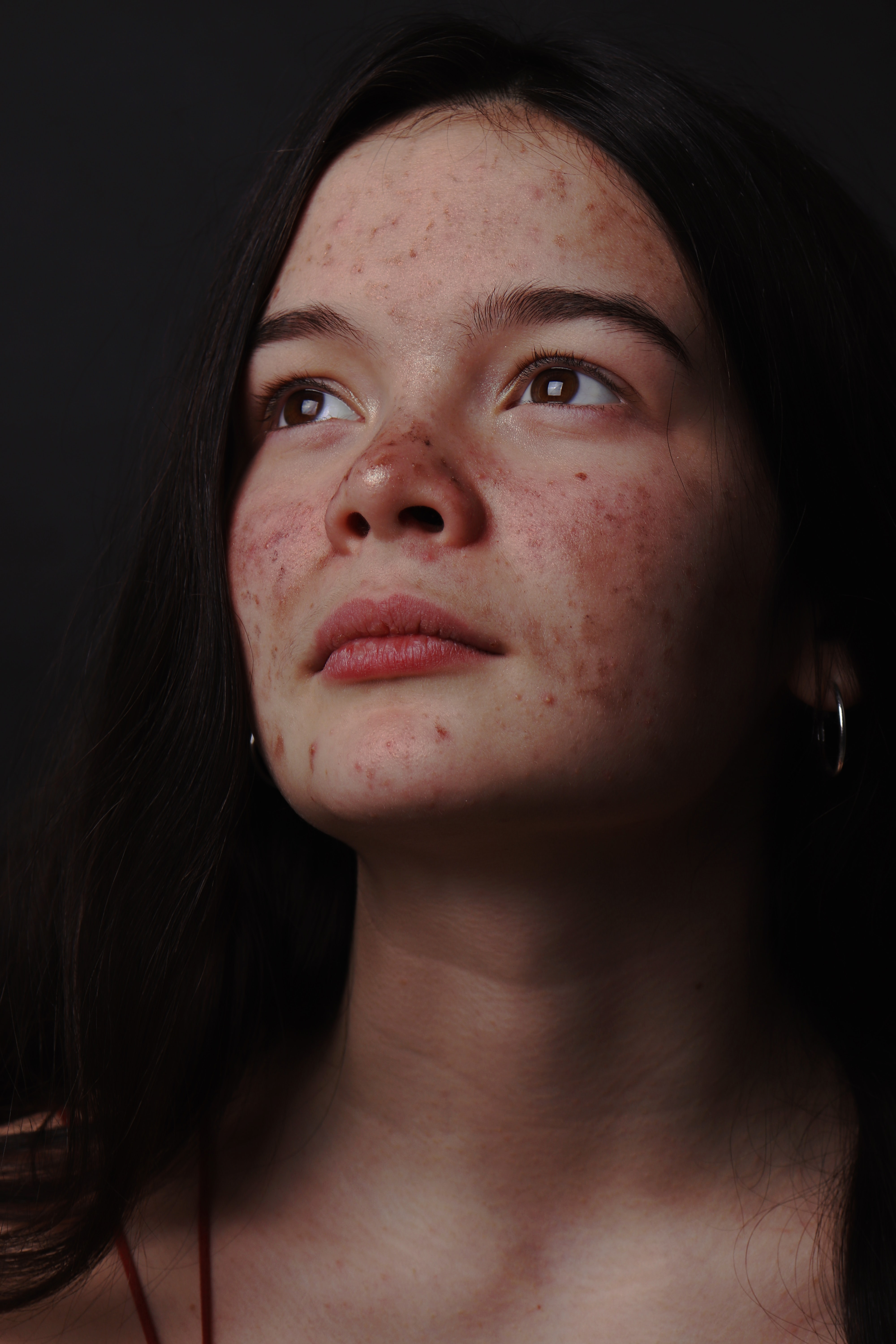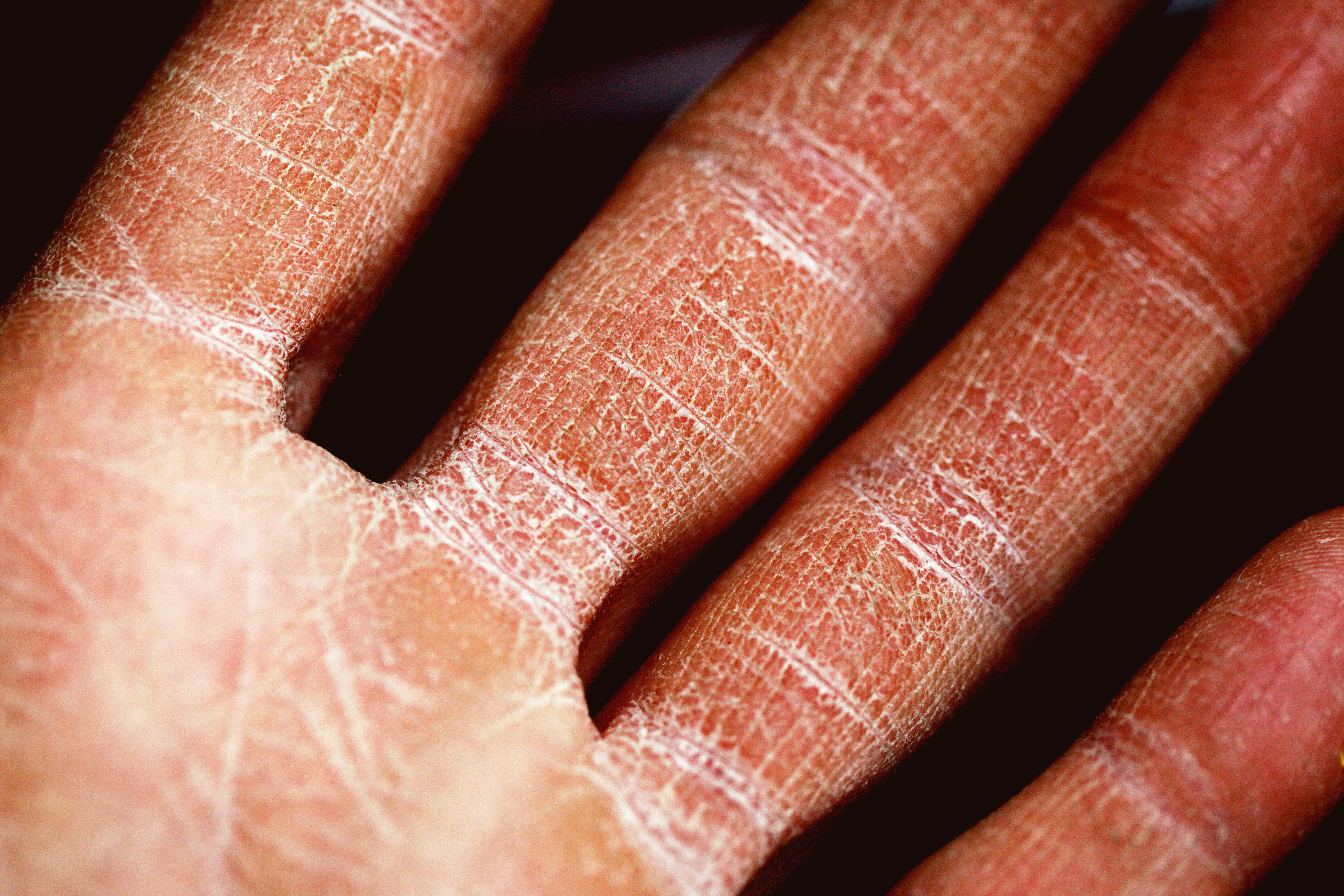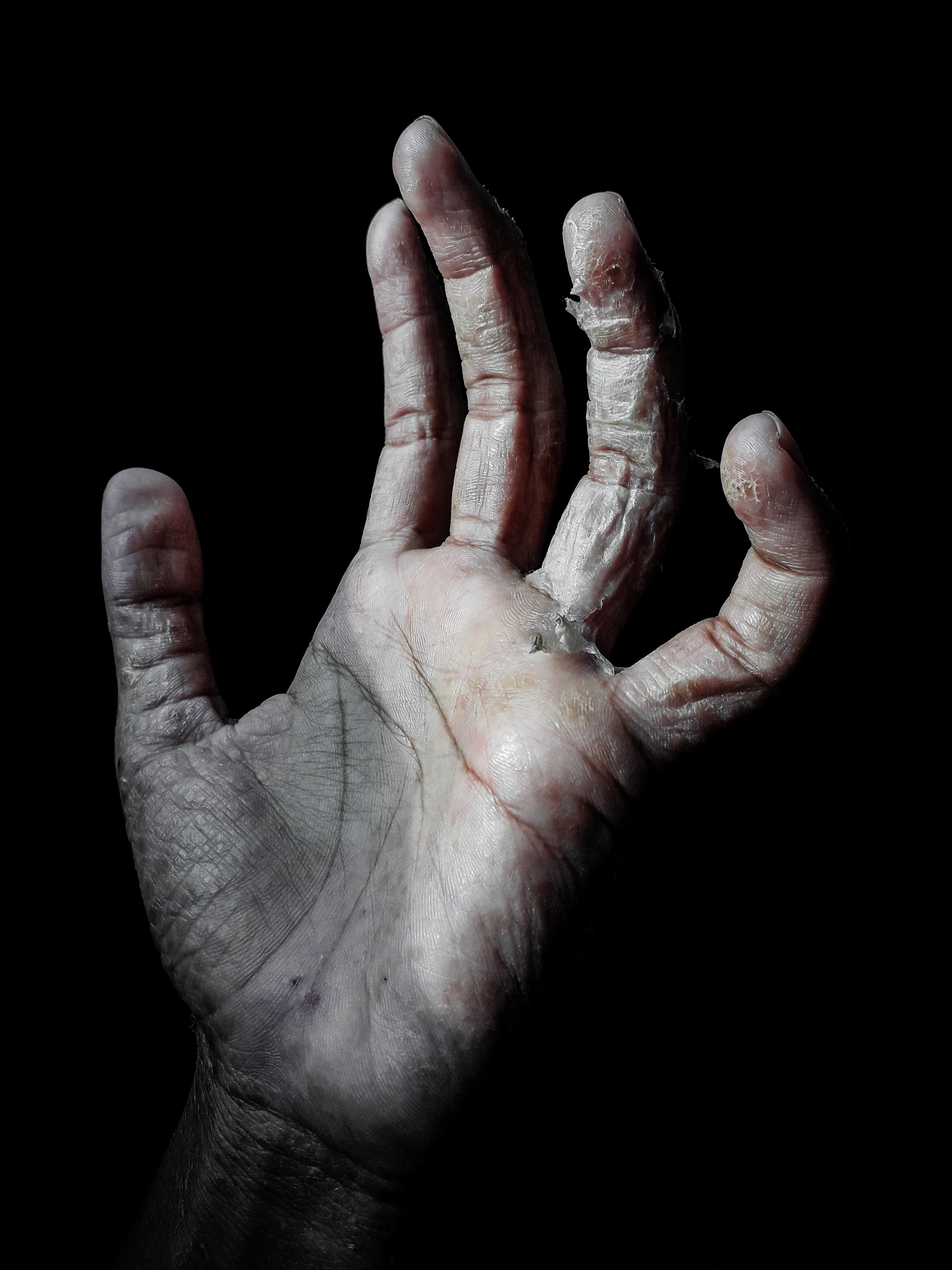Acne

Acne, also known as acne vulgaris is the most prevalent skin disease worldwide, affecting mostly adolescents and young adults. Although acne is predominantly more common in younger people, it can also persists throughout adulthood in the twenties and thirties, and a smaller group of people continues to suffer from acne in their forties.
Acne is a chronic disease that originated within the pilosebaceous follicles. There are 4 interrelated processes that are involved in the formation of acne, oil (sebum) overproduction, abnormal shedding of skin cells, colonization by Cutibacterium acnes (or Propionibacterium acnes, P.acnes) and inflammation causing appearance of redness, swelling and sometimes pain.
Sebaceous glands produce an oily substance called sebum, which is responsible for keeping the skin and hair moisturized. Propionibacterium acnes is a normal bacteria that lived on the surface of the skin and uses sebum as a nutrient for growth. People with acne will have more of P. acnes in their follicles, as well as more oils on the skin to feed the bacteria. The presence of the bacteria attracts defensive immune cells to the follicle. These immune cells produce an enzyme that damages the wall of the follicle, releasing debris into the hair shaft and trapping the death skin cells deeper in the middle layer of skin to (the dermis). This process causes an inflammatory reaction that gives rise to a little red bump (called a papule), which can then develop into a pus-filled blister (called a pustule)
Acne can have various typical pictures from oily skin, pimples, blackheads or whiteheads, abnormal pigmentation, formation of cystic nodules (large painful lump deep under the skin) and scarring. It primarily affects skin area with a relatively high number of oil glands such as the face, chest and back area.
Acne can lead to anxiety, low self- esteem and in extreme cases, depression and suicide. Acne should not be neglect as just a 'normal' part of puberty. Addressing acne early can help prevent formation of scarring which is very difficult to treat and a much happier and more confident you.
There are several ways to manage acne. Acne can be managed with discipline use of non- comodegenic skincare regime that focus on treatment of acne, avoid excessive cleansing with harsh soap, avoid from 'popping' the pimple to prevent scarring and start making a lifestyle changes by cutting down on unhealthy food consumption. It is also important to get advise from your doctor on the various topical cream and tablets available for the treatment of acne. There are also other adjunct methods for acne treatment such as chemical peel, intralesional steroid, comedone extraction, phototherapy and photodynamic therapy and laser.
Topical treatment for application to the skin includes benzoyl peroxide, antibiotics, retinoids, salicylic acid, azelaic acid and dapsone. Oral treatment includes antibiotic, isotretinoin and sprinolactone. The treatment of acne are based on the severity of acne, cost and patient's preference.
There are certainly genetic component in acne formation. However, certain foods and drinks, particularly those with a high glycemic index such sugary drinks, starchy foods (pizza, pasta), highly processed foods (fast foods, sausages) and dairy seem to affect acne severity. There are also factors such as pyschological stress, smoking, lack of sleep and pollution that can aggravate acne.
Acne is not a trivial matter and it can lead to chronic disease and life long battle with acne scarring if not addressed early. It may take several months to clear and improve your skin with acne. Be patient with the process. If you suffer from acne, come and talk to our doctor to discuss the right treatment for you.



